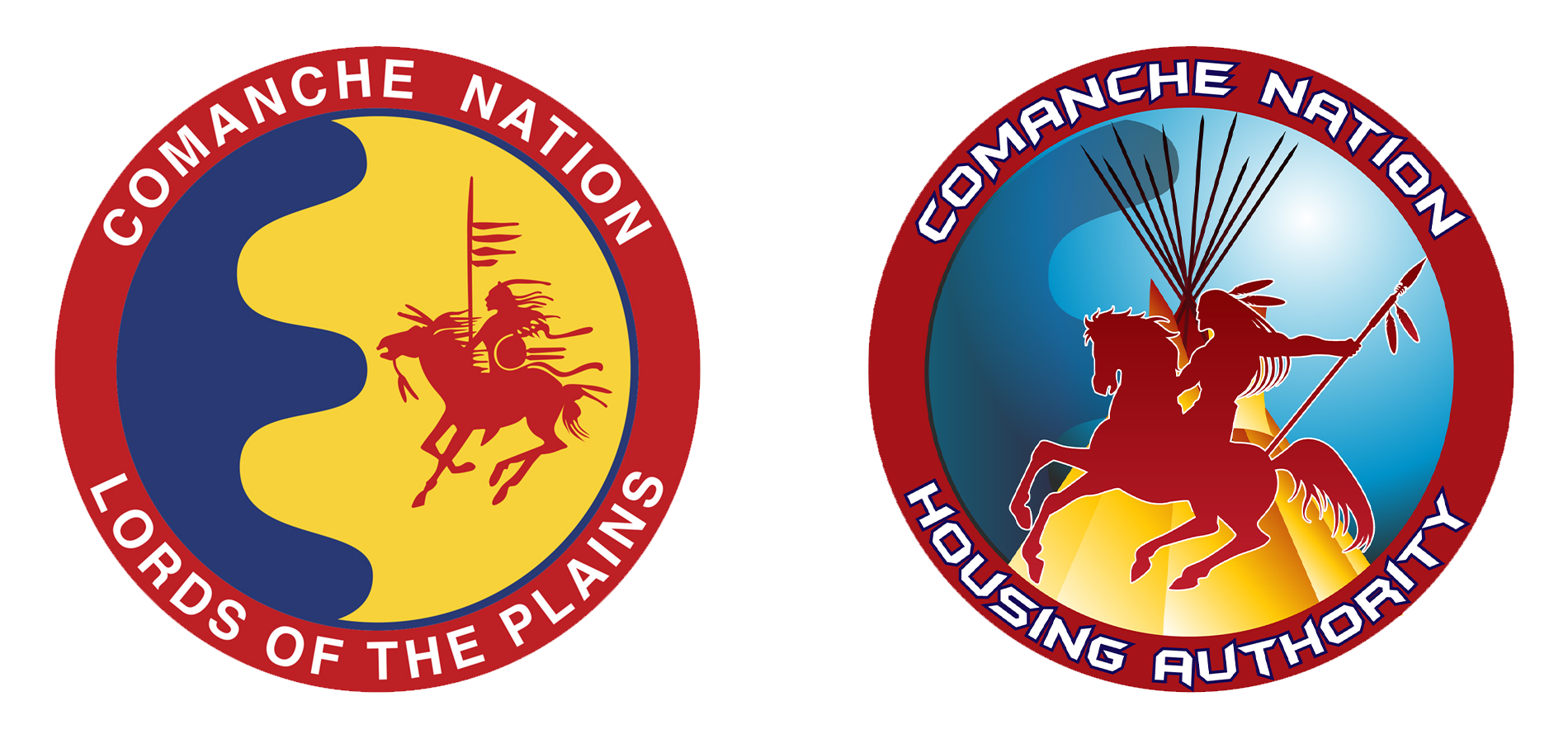By: Nora Sovo
Underlying housing disparities have impacted tribal communities across the nation, leading to high rates of homelessness, displacement and generational divides. The U.S. Department of Housing and Urban Development reported that Native Americans are overrepresented in the national homeless population. While homelessness in the tribal context often refers to living with family or friends instead of living on the street, it is one of the root causes of overcrowded living conditions.
Poor living conditions can increase the likelihood of tribal members moving away from their tribal communities in search of adequate housing. Since many tribal nations lack the necessary resources to prevent this from occurring due to limited funding, it poses a great risk to their culture’s strength and longevity between generations.
To break the cycle of housing instability, homelessness and culture gaps, adequate housing and supportive resources hold the key. The Comanche Nation Housing Authority (CNHA) has recognized this growing issue and has strategically implemented several programs to prioritize Elders and assist enrolled members with housing.
CNHA offers assistance through its rental program, student housing program, homeownership lease purchase program, home improvement program, elder home rehabilitation program, elder outreach program and down payment and closing cost grant program.
“Housing affects many aspects of life. If we can improve housing for our tribal members, we can help them improve their overall quality of life,” said Russell Sossamon, executive director of CNHA. “The majority of our programs are in place to combat homelessness, displacement and overcrowding. Our team is focused on strengthening our community through housing assistance to promote longevity for generations to come.”
Serving more than 2,000 Comanche Nation members last year, one recipient credits CNHA’s student program for helping him through his journey with homelessness. “CNHA not only supported me through college, but they helped me get on my feet at a time where I was homeless, staying on friends’ couches and struggling to figure things out,” said Major Pewenofkit.
Since the majority of our programs are dependent upon funding, we strive to prioritize the programs that serve those with the greatest needs and benefit the community as a whole, specifically our Elder programs. “Prioritizing Elders is one of the greatest ways to directly strengthen our culture and ensure persistency,” said Sossamon.
Last year, the Elder programs reached a record amount of tribal members, supporting more than 1,400 Elders. “Our housing authority has made my house truly feel like home. Knowing that I have a safe roof over my head and access to reliable resources, gives me the assurance I need to focus on other areas of life,” said an Elder of Comanche Nation and previous recipient of CNHA’s Elder Program.
As servants to the Comanche Nation, CNHA’s initiatives seek to better the lives of fellow tribal members and address the issues that pose the greatest threat to the community. We currently serve seven counties, including Caddo, Comanche, Cotton, Kiowa, Tillman for federal grant programs and in Stephens and Grady for the elder and home improvement programs.
To learn more about CNHA’s housing initiatives, call 580-357-4956 or visit www.comanchehousing.com.

